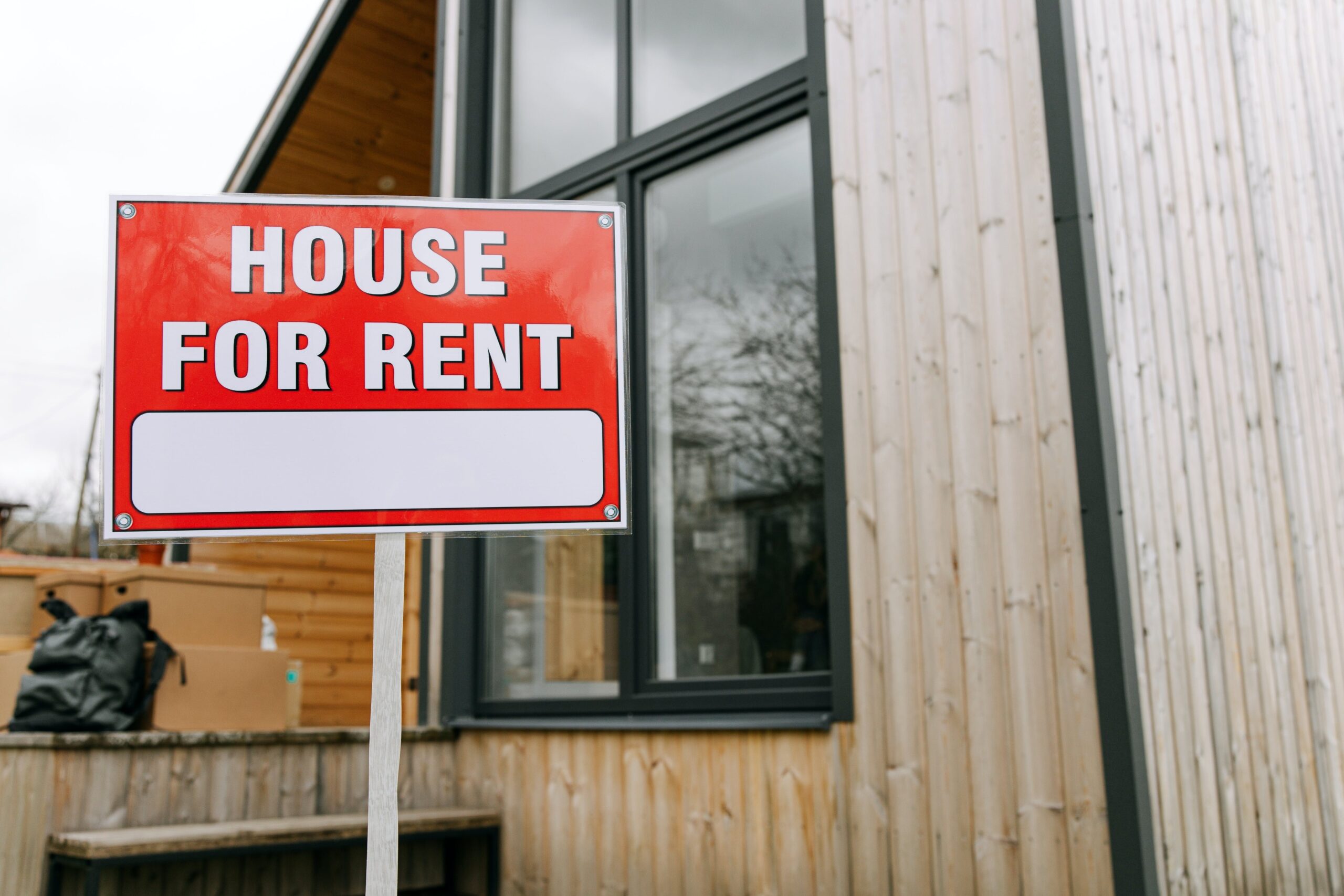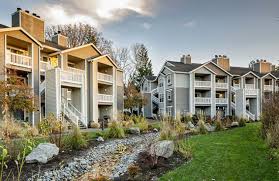Steps to renting your house in 2024
Are you planning on renting your house in 2024? If so, you’re making a smart choice! Renting your home will enable you to earn consistent passive income while you still are able to enjoy the benefits of homeownership. In this article, we will share with you several tips you can use for renting your home…
Read more


